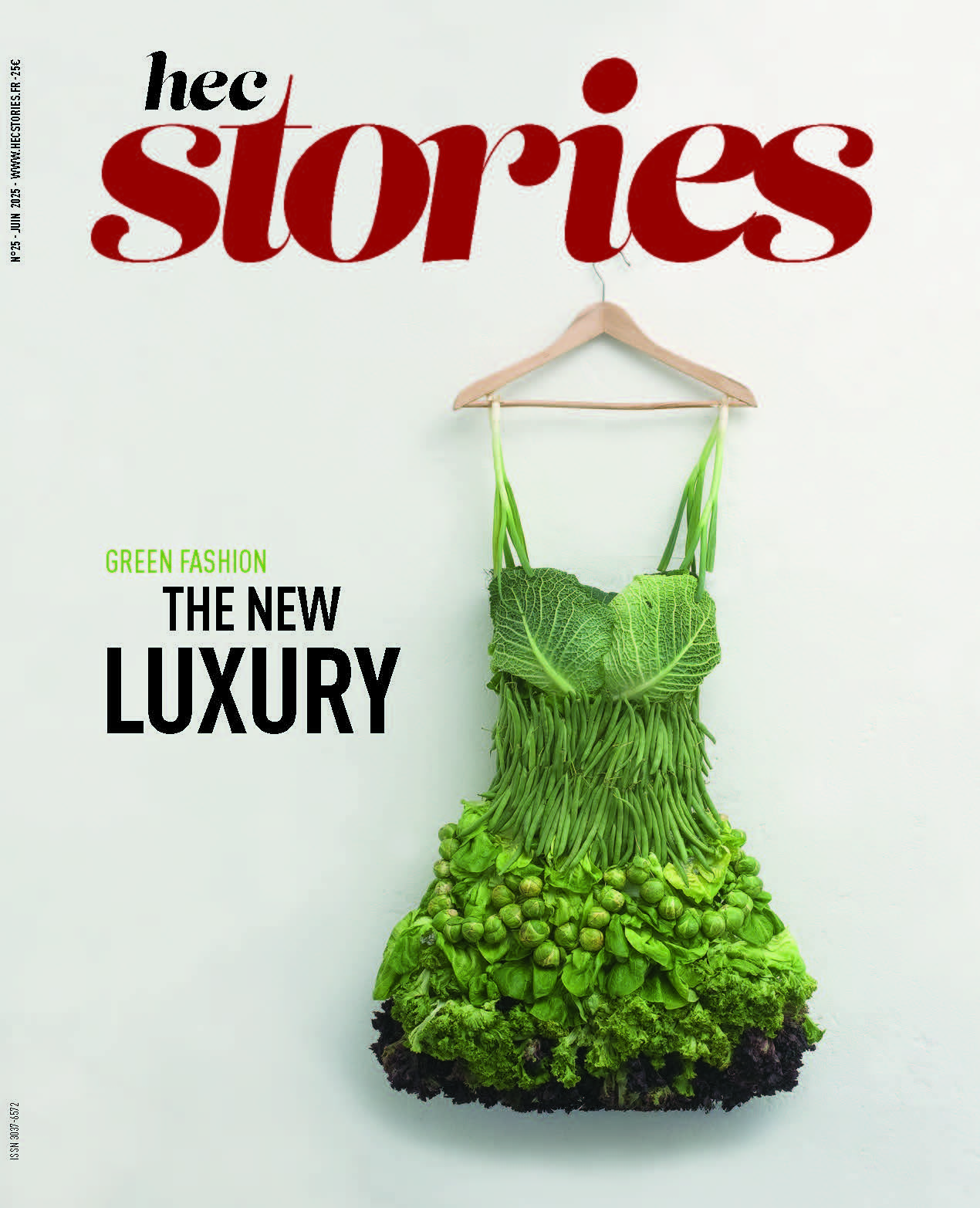Chris Myers, château Palmer – HEC Wine Club UK

Cris Myers has been the export director at Château Palmer since 2013. He started stu-dying wine when he was 19 in an agricultural college in Saint-Emilion, which helped him understand the production and commercialization of wines and spirits. After starting his career at Château Pichon Baron in Pauillac as a guide, he joined a negotiant called Mahler-Besse and looked after their wine markets in the UK, Hong-Kong, and Singapore for more than 10 years. Today, his daily life at Château Pal-mer is about welcoming clients from all over the world, organize tastings and masterclasses with the Château’s negociants and follow deals up with them. His job also implies traveling a lot abroad, in order to make sure that the top end restaurants, wine shops or private consumers know about their wine worldwide. Chris Myers had the kindness to offer us his precious time in animating a wine tasting session for HEC Alumnis on December, 9th 2020.
How long have you been working at Château Palmer and how did you end up there?
I have been working here for over seven years now. I used to work for a negociant in Bordeaux called Mahler-Besse where I spent 10 years in sales. In 2013, I moved across to the dark side of the business at Palmer as Export Director. As you may know, Palmer belongs to two families, who are both negociants – the Mähler-Besse and the Sichel. Today, I look after the distribution of our wines in North America, Africa, and the Middle East.
Why did you turn to the world of wine, and when did this passion begin?
It started when I was 16 years old. I was at boarding school in the UK, and I used to go to Port tastings in my housemaster’s office, along with Christophe Guimaraens (a port producers’ son). Christophe explained the business to me, from production to commercialisation. I found the whole thing so interesting, that I decided that that was the business I wanted to be in!
Charles Palmer was British, you are British yourself, does Chateau Palmer maintain a special link with the other side of the Channel?
Yes! Major General Charles Palmer was a member of Parlia-ment in Bath. He bought the Chateau in 1814, and owned it for almost 30 years. He used to export a lot to the UK, which explains why Palmer is such a big brand over there. There is still a strong link, as the Sichel family, who are co-owners of the property, are English.
Today, what are your favourite domains and why?
In Bordeaux, I would say Léoville Las Cases in Saint-Julien, as well as Figeac in Saint Emilion. I am a big fan, because their wines have great balance; pure class. À property outside Bordeaux that I love is Domaine Jamet in Côte-Rôtie – and I have a soft spot for German Riesling.
« Merlot is our signature grape variety, even though we are on the left bank, where Cabernet Sauvignon is king! »
Where does the prestige associated with the Margaux appellation come from and how is it maintained?
The Margaux appellation is known for making very soft ele-gant wines, due to the soil. Less clay than in the north, and more deep gravel. This difference really comes out in the wines.
You seem to use a lot of Merlot, how do you justify that?
In 1938, the Château was bought by four Bordeaux families, one of them was Mr Miailhe – a huge Merlot fan. If you follow the soil structure at Château Palmer, we should have much more Cabernet Sauvignon… So, we have lots of Merlot on soil where Cabernet should be planted. Merlot gives a very smooth style to the wine – lovely silky tannins and a deep mid palate. Merlot is our signature grape variety, even though we are on the left bank, where Cabernet Sauvignon is king!
Given that you are a large exporter, can you expand on Château Palmer’s international expansion strategy?
We have 30 negociants who buy our wines. The United-States represents about 20 percent of our sales, the rest is split between Europe and Asia. France is a strong market for us. We would like to increase sales in the US as it is such a strategic market. But it is also a very complicated one, due to the 3-tier system in place.
Does the additional US tax on French wine penalise you?
It is bad for everybody, for sellers as well as for consumers. It penalises the access to wine. The 25 % tax is now on all wines, so business is almost non-existent. Hopefully Biden will change things!
Do you think you will stay in your current role?
It is such an exciting job, especially at Palmer. We have a great team here, so I’m not ready to move jobs anytime soon!
And finally, what do you think about œnotourism?
Tourism in Bordeaux has increased over the years. People now don’t only come here for the wine, but for the region itself. Downtown Bordeaux is such a beautiful place! Going out on a boat and eating oysters and drinking rosé on the Bassin d’Arcachon is a must! As œnotourism has increased, Châteaux have become more and more open. We have two guides at the Château who show small groups around. If any people reading this would like to come and visit, they can contact me, I’d be delighted to show them around!
By Léa Bocquillon (H.23) and Garance Money (H.23)
Published by La rédaction

